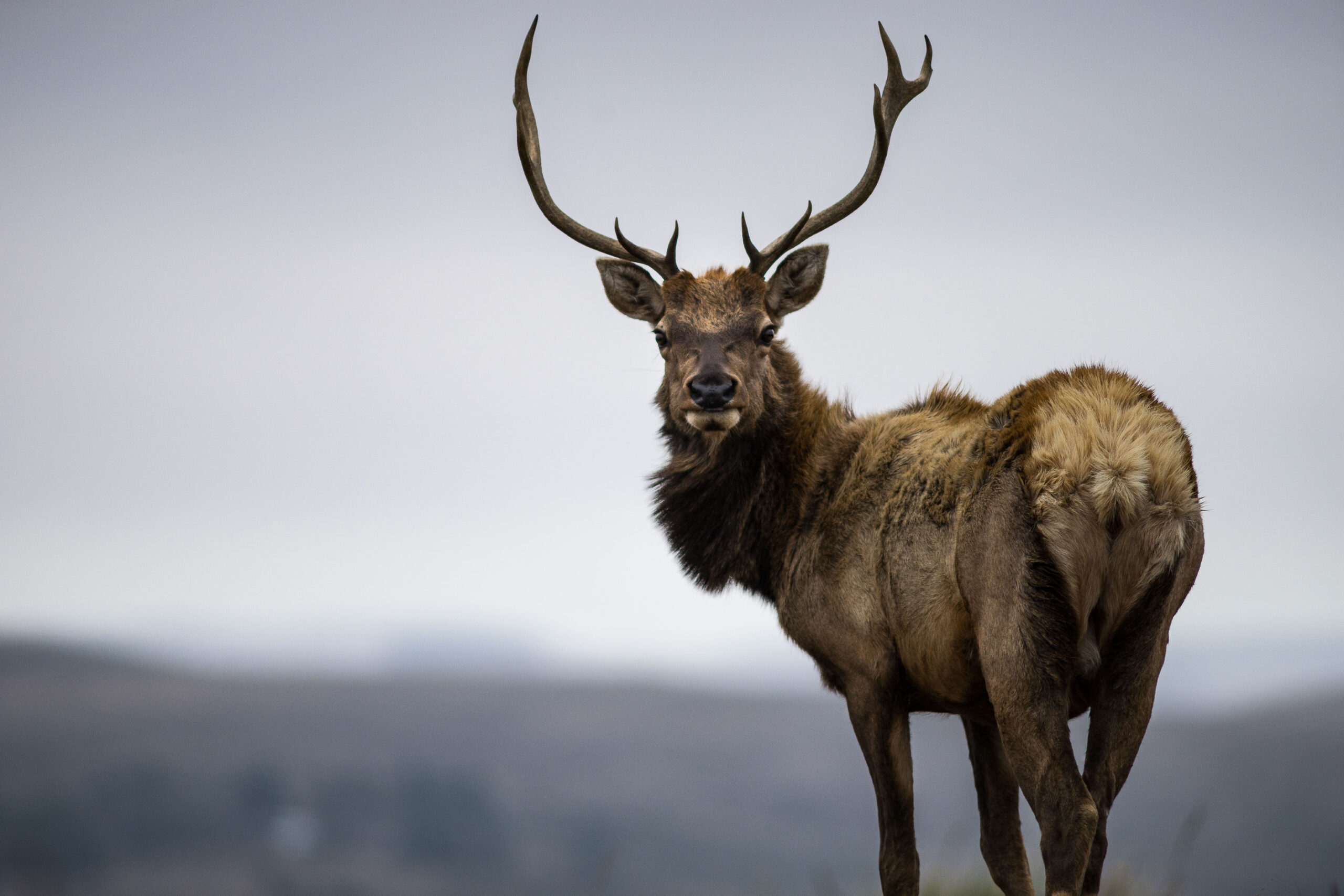Turtle Island Restoration Network has sent a letter to Point Reyes National Seashore (PRNS) to comment on its Environmental Impact Statement (GIS) for the General Management Plan (GMP) amendment for lease lands at Point Reyes National Seashore (PRNS) and the north district of the Golden Gate National Recreation Area (GGNRA).
In the letter, TIRN asks that the PRNS pursue investigations to provide additional scientific information on the ecological impacts discussed in this comment letter regarding each alternative described, including the impacts of cattle grazing on ecological processes and functions, as well as how the free-range Tule Elk are managed.
“Turtle Island Restoration Network believes that the priority for the GMP should be to improve native wildlife preservation, ecosystem health and function, and ecological integrity,” the letter reads.
In February 2016, litigation was brought against the NPS related to the ranch planning process and the ongoing use of lands within the planning area for ranching and dairying. The plaintiffs and the NPS, together with the ranchers and the County of Marin, entered into settlement negotiations in an effort to resolve the litigation. As referenced in the Supplementary Information section above, a multi-party Agreement was approved by the U.S. District Court on July 14, 2017. Per the Agreement, the NPS agreed that in lieu of the Ranch Comprehensive Management Plan, the NPS would prepare a GMP Amendment and EIS addressing the management of the lands currently leased for ranching within the Seashore and the north district of Golden Gate NRA.
“While Turtle Island Restoration Network does not support a specific Management Alternative at this time, our intention is to investigate the scientific impacts of grazing and dairy operations in their entirety on the native wildlife and ecosystems functions of the landscape within PRSN and GGNRA,” the letter says. “Furthermore, we support actions to improve the ecological health and integrity of the landscape, which includes free-roaming Tule Elk herds, without the practice of fencing, removal, hazing, sterilization, or killing of Elk.”
To read the full letter, click here.
The notice of intent to prepare a GMP and EIS can be read here.



